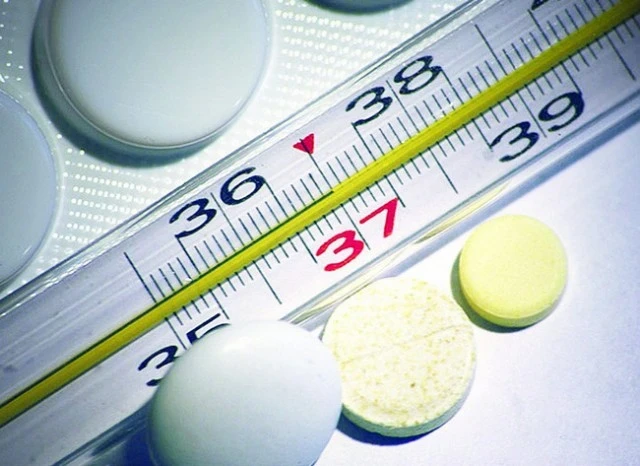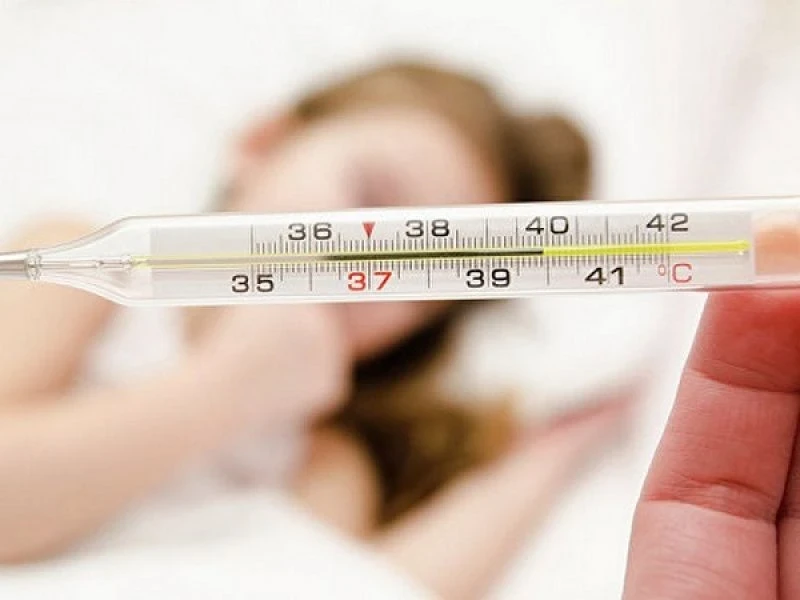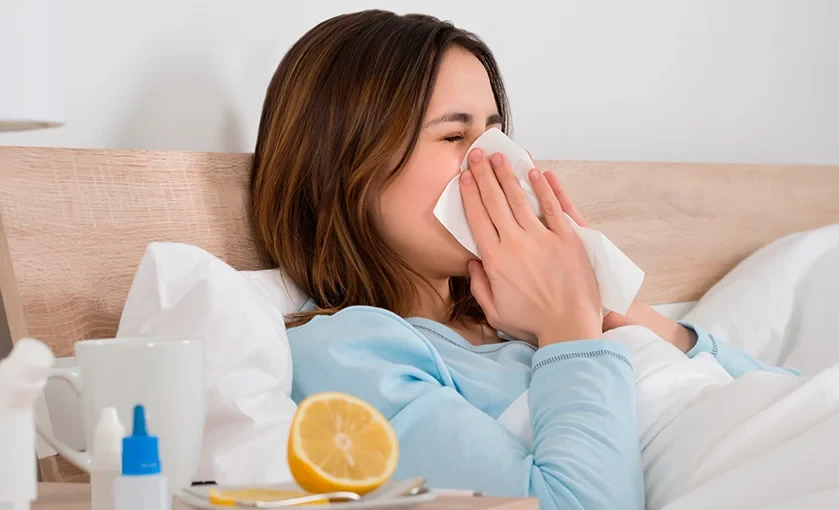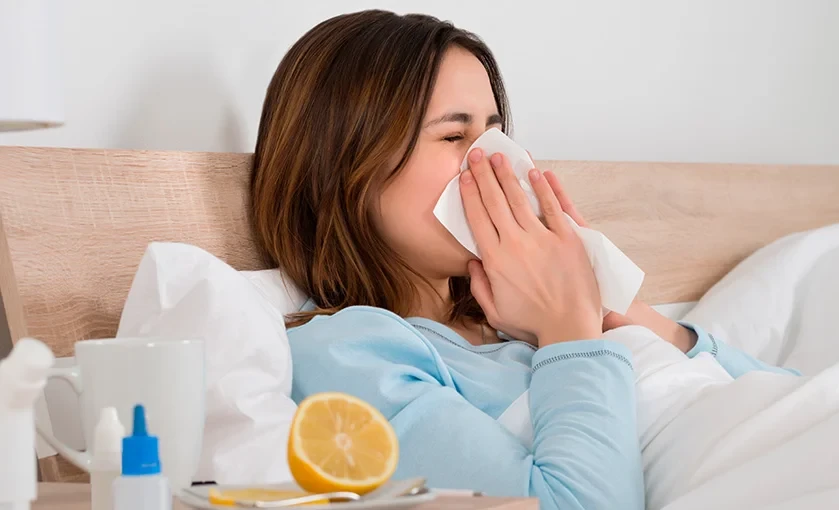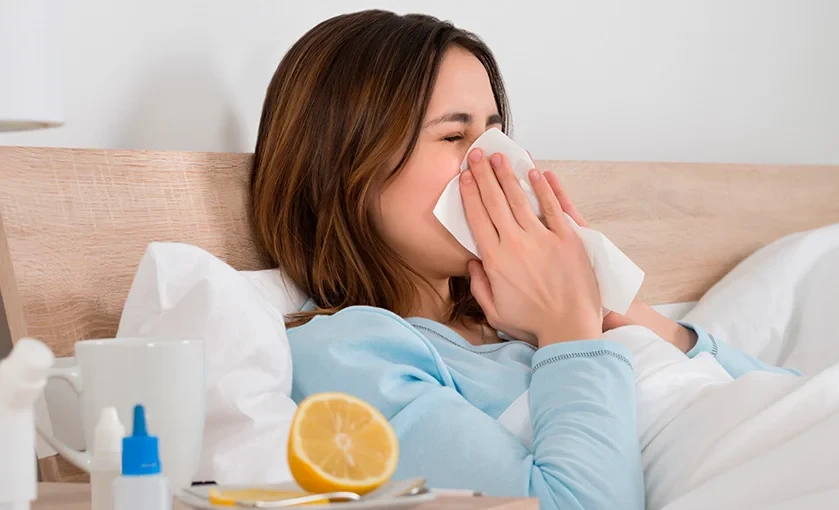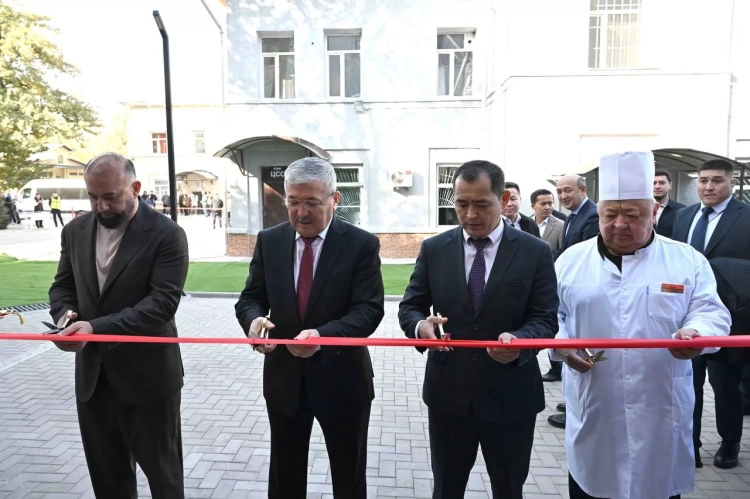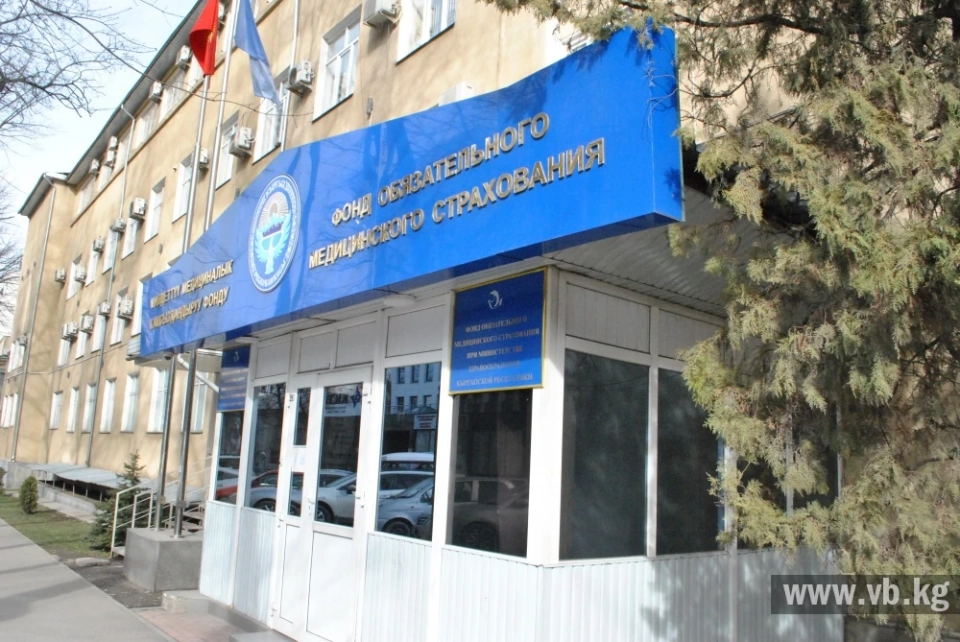In the last 24 hours, 300 patients have visited the emergency department, of which 48% suffer from acute respiratory viral infections. Hospitalization was required for 165 people, among whom seven children are in critical condition and have been placed in intensive care.
Of those hospitalized with ARVI, 65% are infants. They are admitted with high fever (up to 40 degrees), seizures, respiratory failure, and acute stenosing laryngotracheitis. The hospital staff is working under increased load.
The administration of the RCKIB strongly recommends that the population consult family doctors at the first signs of ARVI, and that hospitalization occurs only with a referral from a family medicine center.
Recommendations for ARVI Prevention
It is necessary to minimize contact with infected individuals, especially in the first three days of illness.
During peak ARVI periods, it is advisable to avoid mass events, and when using public transport, to wear protective masks.
It is important to strictly adhere to personal hygiene, including regular handwashing after contact with potentially contaminated objects.
To support immunity, it is recommended:
- A balanced diet with sufficient amounts of vegetables, fruits, and vitamins;
- Walks in the fresh air and physical activity;
- Quality sleep;
- Quitting smoking, as it weakens the body's protective functions and makes it more vulnerable to respiratory infections;
- Nasal rinsing with saline solution;
- Regular application of oxolinic ointment inside the nose (every two hours).
Specific Measures for Flu Prevention
Vaccination against the flu can reduce the risk of illness in children by 60-90%.
It is important not to self-medicate. When fever rises, many immediately start taking antibiotics. If there are doubts about treatment, it is better to consult a doctor. Often, patients come to the hospital too late or use too many medications, which is undesirable.

